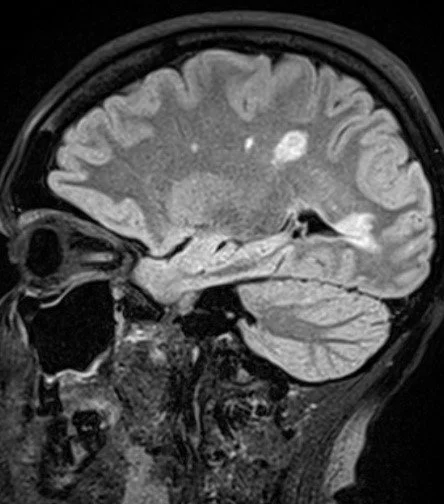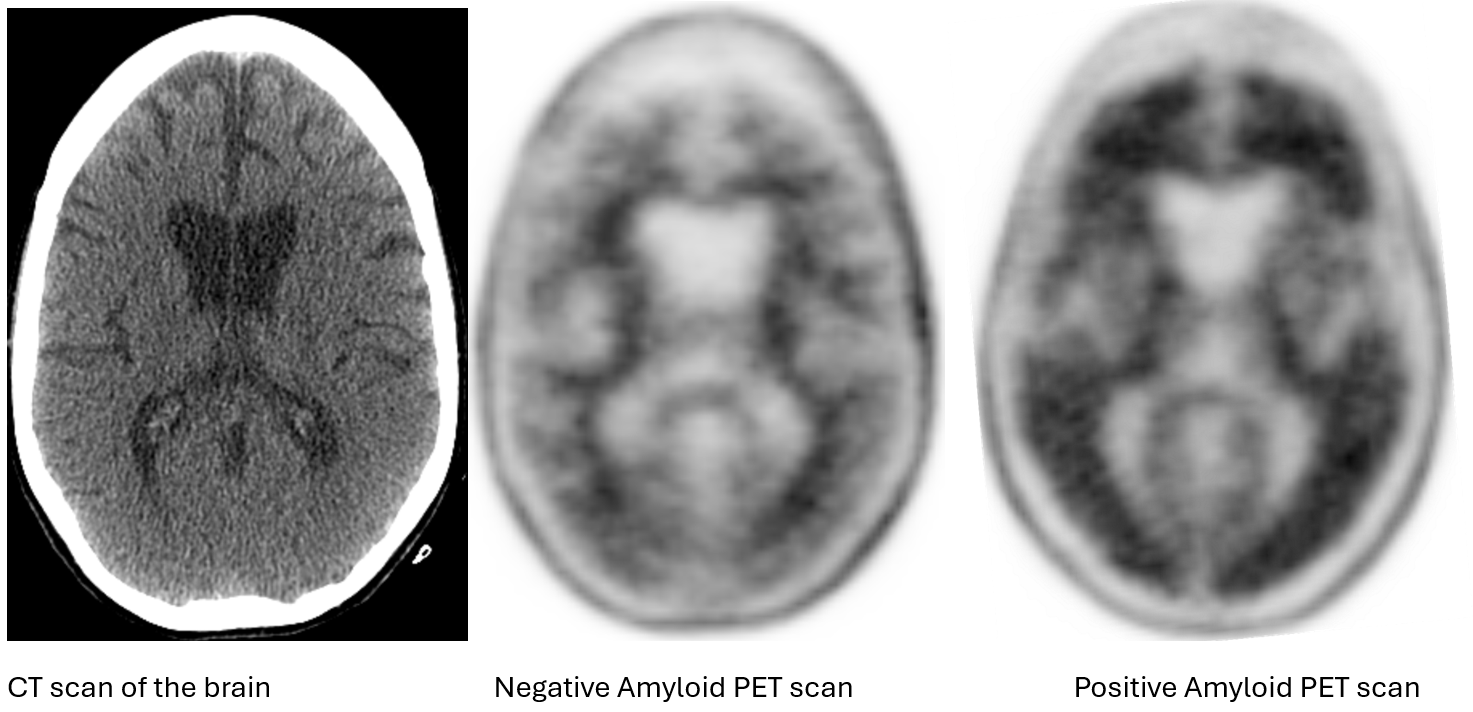What types of patients does a neurologist treat?
As a board-certified neurologist, Dr. Barratt has expertise in treating patients with the following conditions of the nervous system:
Alzheimer’s and other forms of dementia
Migraine and other headaches
Stroke
Tremor and Movement Disorders
Seizures/Epilepsy
Traumatic brain injury (TBI)
Neuropathy
Myasthenia gravis
Back pain
Neck pain
Multiple sclerosis









